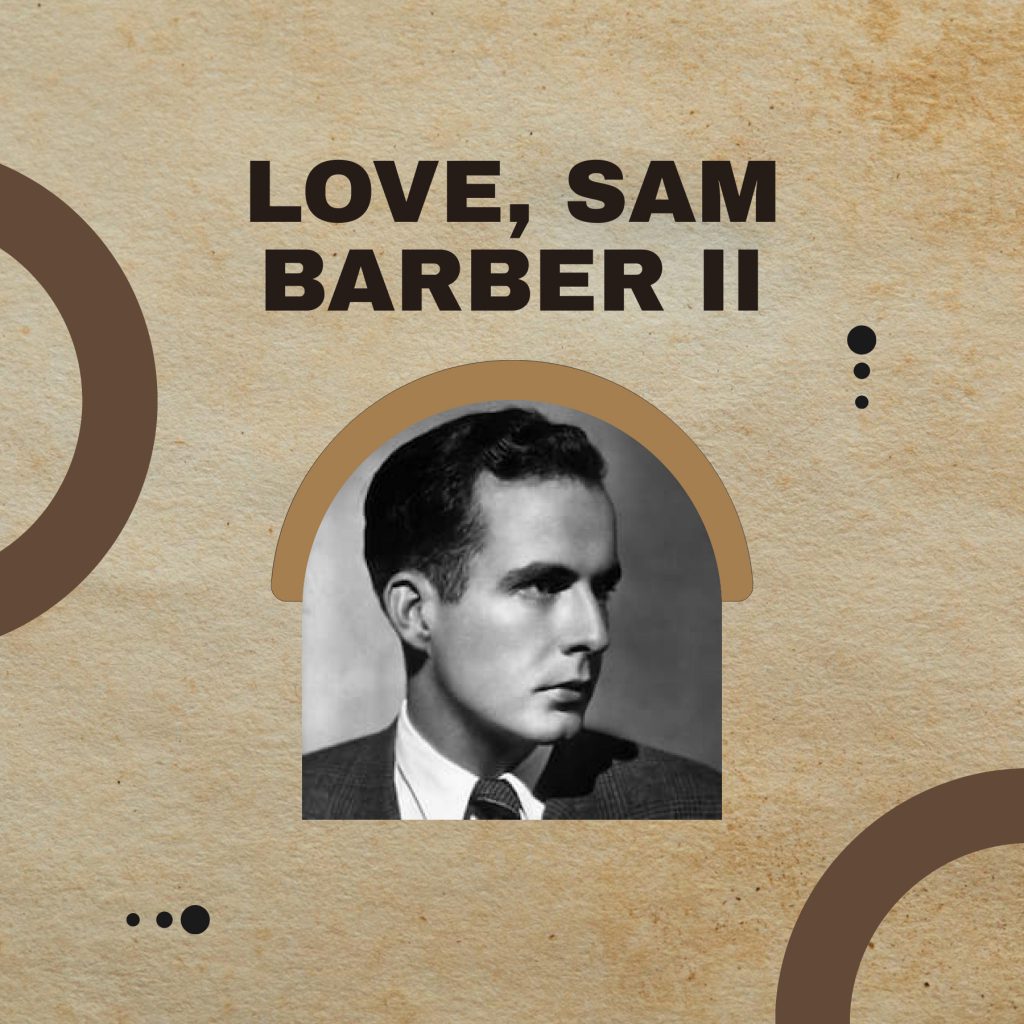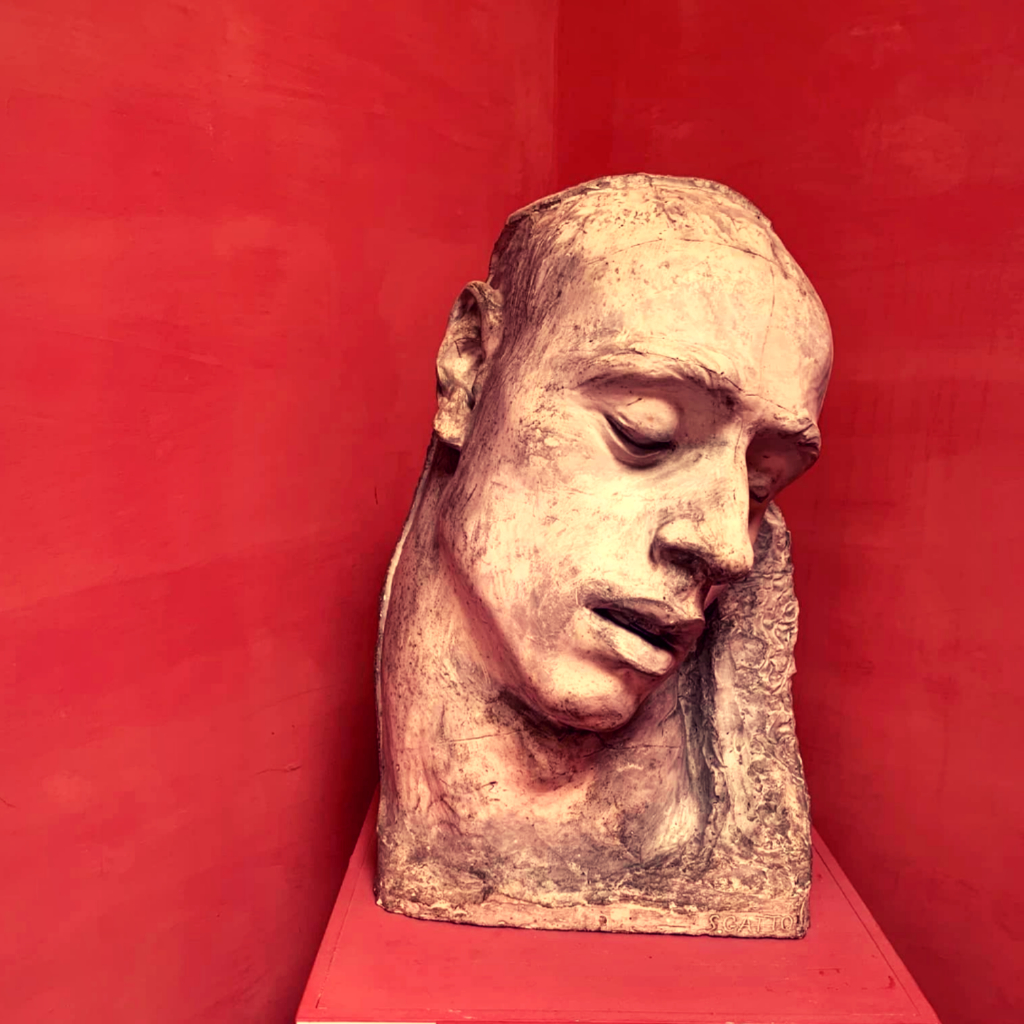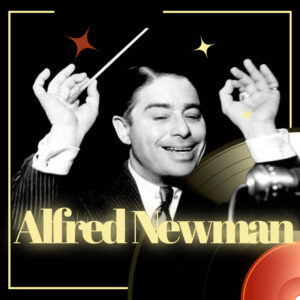
One day, a mother of a 9-year-old boy received an amazing note from her son:
“Dear Mother: I have written this to tell you my worrying secret. Now don’t cry when you read it because it is neither yours nor my fault. I suppose I shall have to tell it now without any nonsense. To begin with I was not meant to be an athlete. I was meant to be a composer, and will be I’m sure. I’ll ask you one more thing – don’t ask me to try and forget this unpleasant thing and go and play football. Please – Sometimes I’ve been worrying about this so much that it makes me mad (not very). Love, Sam Barber II.”
His developed sense of destiny in music was truly prophetic. Barber became one of the landmark American composers of the 20th century. He wrote more than 100 songs, three operas, three concerts, two ballets, two symphonies, and many orchestral, choral, chamber and solo piano music. His most celebrated works include the beautifully conceived Knoxville: Summer of 1915 for soprano and orchestra, the Violin Concerto, the powerful Piano Sonata n E-flat minor (1949) premiered by the great Russian virtuoso Vladimir Horowitz.
Samuel Barber was the nephew of the famous contralto Louise Homer and was mentored by the composer Sidney Homer, who was happy to help him develop his talents when, at the age of 9, he began work on his first opera. In 1924, Barber entered the Curtis Institute in Philadelphia, where he studied piano with Isabelle Vengerova, composition with Rosario Scalero, and conducting with Fritz Reiner.
Barber’s life partner Gian Carlo Menotti, whom he had met at Curtis, supplied the libretto for Barber’s opera, Vanessa. Using his vocal training, in 1956 Barber played and sang the score to the Metropolitan Opera’s General Manager, Rudolf Bing, who accepted the work. It premiered in January 1958. The title role was written for Sena Jurinac but she cancelled six weeks before the opening, to be replaced by Eleanor Steber, with whom the role has become closely identified. Vanessa won the 1958 Pulitzer Prize and gained acclaim as the first American grand opera.
Menotti also contributed the libretto for Barber’s chamber opera A Hand of Bridge. Barber’s Antony and Cleopatra was commissioned to open the new Metropolitan Opera House at Lincoln Center in 1966. The elaborate production designed by Franco Zeffirelli was plagued with technological disasters; it also overwhelmed and obscured Barber’s music, which most critics derided as uncharacteristically weak and unoriginal. The critical rejection of music that Barber considered to be among his best sent him into a deep depression. In recent years, a revised version of Antony and Cleopatra, for which Menotti provided collaborative assistance, has enjoyed some success.
Barber’s music was initially well received in the UK and well represented on the concert scene. He had won praise from Vaughan Williams, who met and heard Barber perform in the US in 1932 (he was an accomplished baritone), and who congratulated him on his hauntingly evocative setting of Matthew Arnold’s poem Dover Beach, scored for voice and string quartet: “I tried several times to set Dover Beach but you really got it!”
His music caught the ear of Arturo Toscanini, who led the premieres of two works: the Essay for Orchestra (later retitled First Essay for Orchestra) and the Adagio for Strings, one of the best-known works of the 20th century. His powerful masterpiece, which, despite many soundtrack titles, remains a bitter work. Only Anthony and Cleopatra, the work that opened the new Metropolitan Opera in New York City in 1966 and failed at the premiere — a heavy blow to the composer — is now often attributed to the carefully designed and inflated production of Franco Zeffirelli. His beautifully lyric Violin Concerto (1940) is one of the finest string concertos of the 20th century, with a razzle-dazzle finale and a richly expressive opening movement. Barber’s other works for the piano include the Nocturne (Homage to John Field) (1959) and the beautiful Excursions, Op. 20 (1942-44).
Barber’s style can be described as neo-Romantic. He composed through a modernist lens, incorporating some 20th-century techniques, but sourced his main inspiration from the Romantic period, giving new life and vitality to the forms and tonal language of the past. Like Brahms, whose classical structures and baroque leanings sit comfortably next to his ardent Romanticism, Barber was stimulated by the rich legacy that lay before him (of Bach, Mozart, Beethoven, Chopin and Brahms), but he always sought new meaning, creating an individual and unmistakable voice for his own deeply felt poeticism.
Leon McCawley, 2010, The Guardian
Samuel Barber won the Pulitzer Prize twice: in 1958 for his first opera Vanessa, and in 1963 for his Concerto for Piano and Orchestra. He was the recipient of numerous other awards and prizes including the Rome Prize (the American version of the Prix de Rome), and election to the American Academy of Arts and Letters.
In honor of Barber’s influence on American music, on October 19, 1974 he was awarded the prestigious University of Pennsylvania Glee Club Award of Merit. This award was established in 1964 “to bring a declaration of appreciation to an individual each year who has made a significant contribution to the world of music and helped to create a climate in which our talents may find valid expression.
The form is not published.



